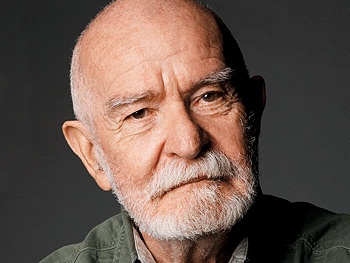Fugard, Athol
1932–
South African playwright
Athol Fugard is one of Africa's best-known and most respected playwrights. His plays explore the personal suffering of individuals living under APARTHEID—the policy of racial segregation followed in SOUTH AFRICA from 1948 to 1994. Growing up in a poor white family placed Fugard in contact with the poor and oppressed black population of South Africa from an early age. Later he hitchhiked across Africa, and worked as the only white crewmember on a steam ship.
Fugard returned to South Africa in 1956 and married actress Sheila Meiring. He worked for a time in a court that tried people accused of violating the nation's pass laws that prohibited nonwhites from traveling in “white” areas without a pass card. His experiences helped shape his view of the cruelty of apartheid that is reflected in his work.

In 1961 Fugard staged Blood Knot, the first play performed in South Africa with a mixed-race cast. He collaborated with black theater companies and protested the segregation of South African theaters. In 1967 the government seized his passport and began to watch his activities closely. Until the 1990 play My Children! My Africa!, Fugard's plays did not openly discuss politics. However, they clearly criticized apartheid by portraying the pain and distress caused by racism.
Fugard's powerful and groundbreaking work has won him international praise. During the 1980s, A Lesson from Aloes, “Master Harold”. . . And the Boys, and The Road to Mecca were widely acclaimed in New York and London. In 1989 Time magazine named Fugard “the greatest active playwright in English.” In addition to his many plays, Fugard also has written several television and film scripts, a novel, and hundreds of newspaper articles. (See also Literature, Theater.)